
I have no experience and did the job for the first time,so I stood there_____to know how to run the machine .
A being unable B unable
C being not able D not being able
答:选B。形容词作状语。一般不要being。
He stood there, speechless.他站那儿,一言不发。
She sank into sofa, helpless.他倒在沙发里,一副无助的样子。
He returned, tired and hungry.他回去了,又累又饿。
He returned home, safe and sound他回家了,安然无恙。
请问下面的句子对吗?
Being poor,he couldn’t afford a TV set.
Being sick,I stayed at home.
它们与下面的用法有和区别?
Brave and strong,the activists talked to workers outside the factory.(SB2 P15)
After his journey from abroad,Richard Jones returned home,exhausted .
我们知道,英语中动名词相当于名词,在句子中做主语,宾语,表语等;而分词则相当于形容词,在句子中做定语,状语,补语等。因此,表达同一个意义可能会用到不同形式。例如:
1. A. He came into my room without my permission.
B. He came into my room without being permitted.
名词和动名词可以互换。
2. A. Upon arriving in Beijing, he got down to the project.
B. Upon his arrival in Beijing, he got down to the project.
名词和动名词可以互换。
3. A. The explanation is a satisfying one.
B. The explanation is a satisfactory one.
现在分词具有形容词的功能。
4. A. I feel weary after such a long journey.
B. A. I feel tired after such a long journey.
过去分词具有形容词的功能。
由此可见,我们学英语不止是需要求异思维,也需要求同思维。现在我们来看看形容词与分词作状语的关系:
1. 形容词做原因状语, 有无being区别不大:
Being poor,he couldn’t afford a TV set.(现在分词做原因状语)
Poor,he couldn’t afford a TV set. (形容词做原因状语)
Being ill, I stayed at home.(形容词做原因状语)
Ill, I stayed at home(形容词做原因状语)
但过去分词做原因状语时不可加being表示状态,加being表示正在进行的动作:
Made of glass, the cup is fragile.
Caught in the rain, he got wet all over.
Lost in thought, he almost ran into the dar in front.
Being interviewed by the reporters, the manager has no time to see you.
2.形容词做时间状语, 不可以加being。
You had better eat vegetables fresh(= when they are fresh,不可用being fresh)
The fruits can’t be eaten raw.(= when they are raw,不可用being raw)
3. 做伴随状语时,形容词和过去分词(其实他们已经形容词化了)可以互换。但均不可加being done。
He got home late that night, hungry and tired.
= He got home late that night, hungry and weary.
After his journey from abroad,Richard Jones returned home,exhausted .
= After his journey from abroad,Richard Jones returned home,weary.
4. 做方式状语时,不可以加being。但他们可以加-ly.
Brave and strong, the activists talked to workers outside the factory.(SB2 P15)
Bravely and strongly, the activists talked to workers outside the factory.
Nervous, she tore open the letter.
Nervously, she tore open the letter.
Helpless,we watched the house being destroyed before our eyes.
Helplessly,we watched the house being destroyed before our eyes.
综上所述,形容词除了作原因状语,其他情况下一般不加being。而过去分词表示状态时一般也不加being(除非表示“正在被…”)
相关推荐
1.基本结构: the+形容词最高级+比较范围. 例句如下: He is the tallest boy in his class. 2.形容词比较级表示最高级的意义: the+形容词比较级+than+ 其余的所有比较对象。例句如下 He is tall…[阅读全文]
动名词的否定式是将否定词not置于动名词之前。若动名词为完成式或被动式,否定词not应置于整个结构之前。具体详解如下: 一、动名词一般式的否定式 动名词一般式的否定式是将否定词not置于动名…[阅读全文]








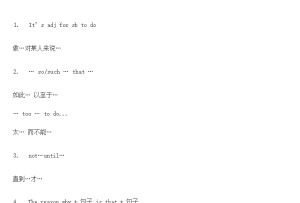



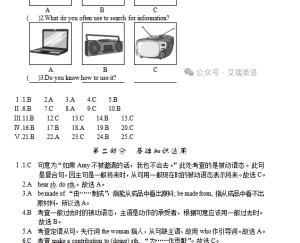
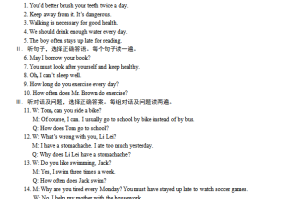


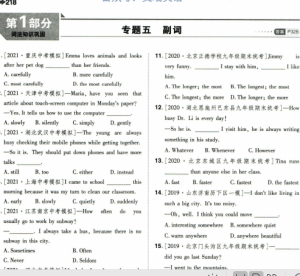
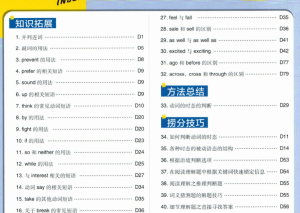
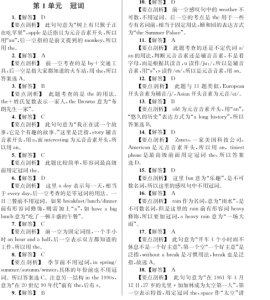
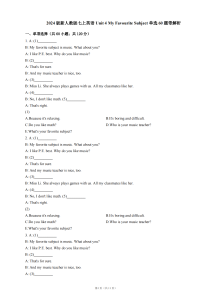


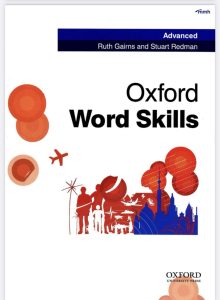
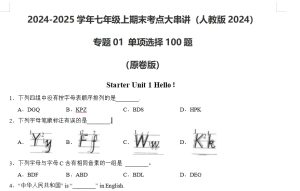
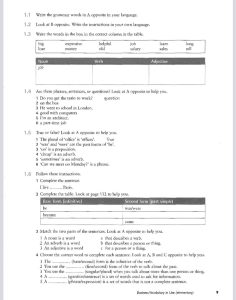


暂无评论内容